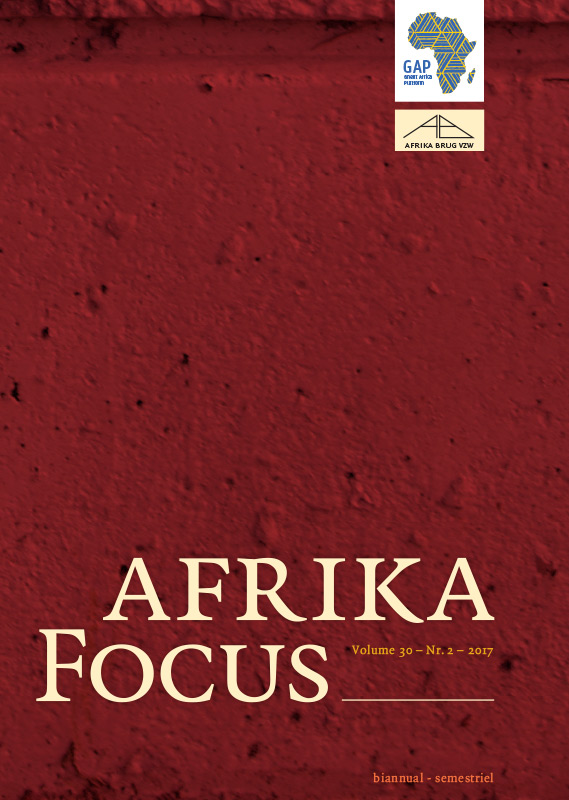Voudou van New Orleans naar Cotonou op het ritme van de goden. Leendert van der Valk. VBK België, Antwerpen, 2017
DOI:
https://doi.org/10.21825/af.v30i2.8090Abstract
This very, very interesting book was written by a Dutch modern music journalist who set up a crowdfunding campaign to be able to go and visit the roots of the voodoo music (and culture). His journey takes him and us to the USA (Mississippi and New Orleans’ mardi gras), the santeria in Cuba, Haiti, Surinam and nally, Togo and Benin. He participates in ceremonies, goes to con- certs and ‘events’, has many discussions, and brings a very well-documented impression of what voodoo is, and is not. The book leads us to numerous artists who have taken inspiration from the traditional drums and beats, and should thus be read with one’s vinyl or CD collection at hand, or else with youtube as universal reference for all things voodoo ! The work is very well-written in owing Dutch, draws on written references and offers a list of key words that will help the reader to understand the ner details of voodoo culture. Hopefully this book will be translated into Eng- lish so as to let a wider audience bene t from its many insights.Downloads
Published
How to Cite
Issue
Section
License
Authors who publish with this journal agree to the following terms
Authors retain copyright and grant the journal right of first publication with the work simultaneously licensed under a Creative Commons Attribution License that allows others to share the work with an acknowledgement of the work's authorship and initial publication in this journal.
Authors are able to enter into separate, additional contractual arrangements for the non-exclusive distribution of the journal's published version of the work (e.g., post it to an institutional repository or publish it in a book), with an acknowledgement of its initial publication in this journal.
Authors are permitted and encouraged to post their work online (e.g., in institutional repositories or on their website) prior to and during the submission process, as it can lead to productive exchanges, as well as earlier and greater citation of published work (See The Effect of Open Access).


